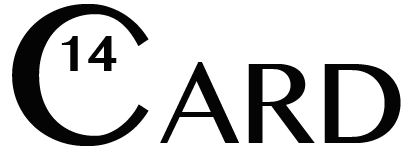CARD fuzzes location data for public visitors to the database. Accessing CARD's full capabilities requires an account available only to researchers at accredited institutions.
Canada / SK / EgNn-1 (Melhagen) / S-1640
- Lab number
- S-1640
- Field number
- CMC-1036
- Material dated
- bison bone collagen; collagène osseux de bison
- Taxa dated
- Bison sp. (id. by A. Ramsay)
- Locality
- about 19 km east of the elbow of the South Saskatchewan River and 10 km north of the Qu'Appelle Valley, Saskatchewan
- Map sheet
- 72 O/01
- Submitter
- T.S. Phenix
- Date submitted
- July 11, 0096
- Measured Age
- 1910 ± 70
- Normalized Age
- 1990 ± 75
- δ13C (per mil)
- -20.0
- Significance
- Woodland, Besant; Sylvicole
- Context
- cultural layer, south and central areas, unit 5s/5e, Bed 4
- Associated taxa
- Mammalia: Bison bison, Odocoileus sp, Canis familiaris, Vulpes velox?, Mustelidae; Aves, Falco sp
- Comments
- EgNn-1, Melhagen: It is a Besant bison kill site. A detailed analysis by Ramsay (1991) considers the significance of six radiocarbon dates. She believes that the youngest date (S-2857) may have been contaminated by algae or fungi. The remaining five dates overlap at their 2-sigma limits, but the two youngest barely overlap the two oldest. The oldest three dates (S-491, S-1640, and S-2855) were obtained from the southern and central areas of the site, and they can be averaged. The other two dates (S-2856 and S-1641) were obtained from the northern and western areas of the site, and they yield a younger average age. Ramsay (1991: 150) notes that the projectile point analysis and the faunal analysis also suggest the presence of more than one occupation.

